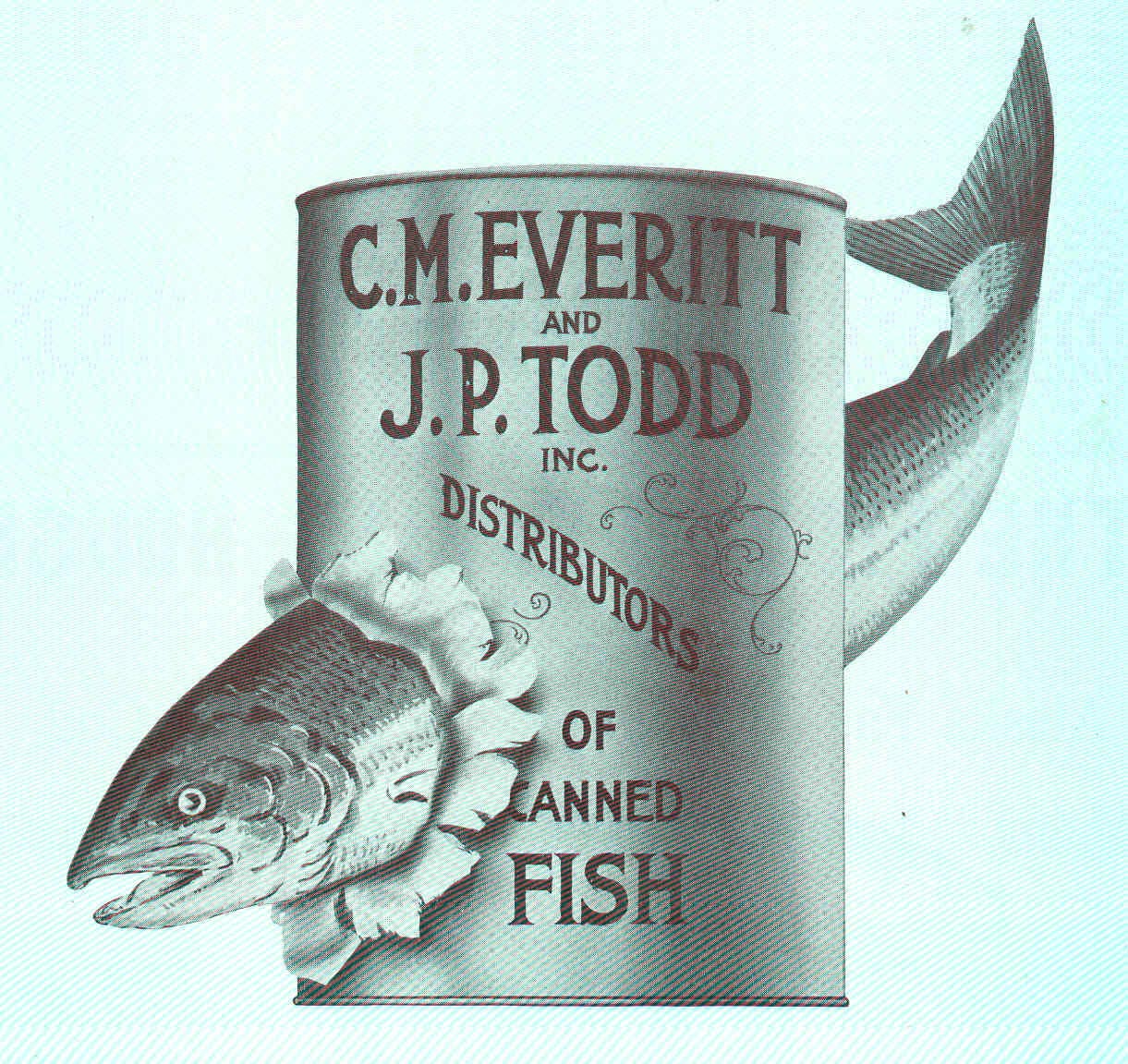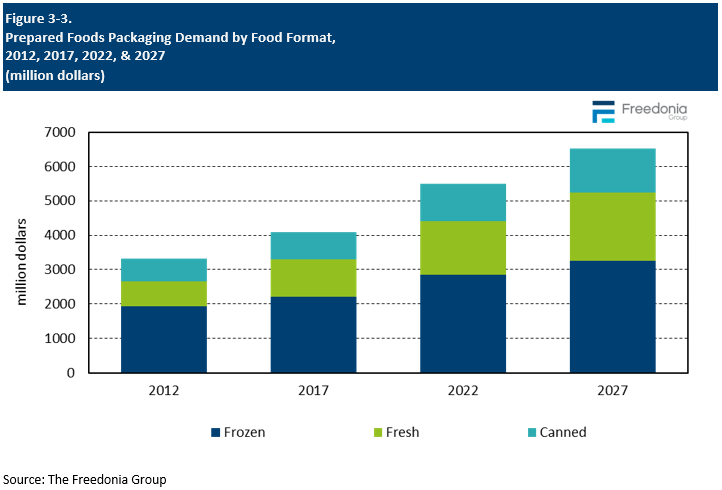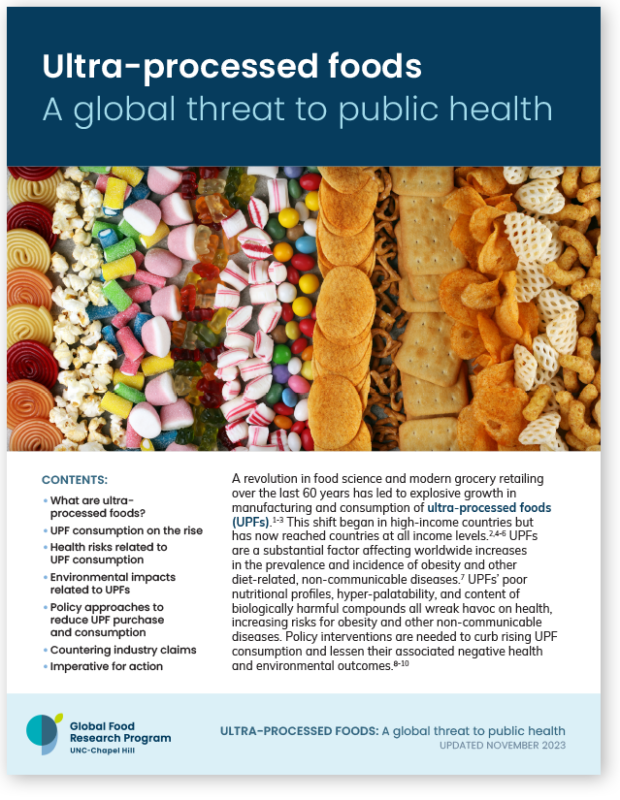Shelf Life Secrets - Uncovering the Mysteries of Decades-Old Canned Salmon

The Forgotten Cans: A Journey Through Time
Imagine stumbling upon a cache of canned salmon that's been sitting on a shelf for decades. The expiration dates are long past, but the cans remain intact, sparking curiosity about their contents.
Uncovering the Mysteries of Canned Salmon
Canned salmon has been a staple in many pantries for generations. However, the idea of consuming canned goods that are decades old may seem daunting. As we delve into the world of canned salmon, we'll explore the factors that contribute to its longevity and whether it's still safe to eat.
The Science Behind Canned Salmon's Long Shelf Life
Canned salmon's long shelf life can be attributed to several factors, including:
- High-Quality Canning Process: The canning process involves heating the salmon to a high temperature, killing off bacteria and other microorganisms. This process, combined with the use of airtight cans, prevents new contaminants from entering the can.
- Acidity Levels: Salmon has a naturally acidic pH level, which acts as a natural preservative. This acidity helps to inhibit the growth of bacteria and other microorganisms.
- Low Oxygen Levels: Canned salmon is typically packed in a vacuum-sealed can, which removes oxygen and prevents the growth of aerobic bacteria.
Is Decades-Old Canned Salmon Still Safe to Eat?
While canned salmon can remain safe to eat for decades, there are some factors to consider before consuming it. These include:
- Visual Inspection: Check the cans for any signs of damage, rust, or swelling. If the can is compromised, it's best to err on the side of caution and discard it.
- Texture and Smell: If the salmon has an off smell or slimy texture, it's best to avoid eating it.
- Storage Conditions: Canned salmon that has been stored in a cool, dry place is more likely to remain safe to eat than cans that have been exposed to heat, moisture, or light.
In conclusion, while canned salmon can remain safe to eat for decades, it's essential to exercise caution and follow proper food safety guidelines. By understanding the factors that contribute to canned salmon's longevity and taking steps to ensure its safety, you can enjoy this nutritious and delicious food for years to come.
The Science of Canning: A Preservation Process
Canning is a preservation process that involves heating food to kill off bacteria and other microorganisms. This process is crucial in ensuring the food remains safe to consume for a long period.
How Canning Works
The heat also creates a vacuum seal, preventing new contaminants from entering the can. This seal is essential in maintaining the quality and safety of the food.
Key Steps in the Canning Process
Here are the key steps involved in the canning process:
- Preparation: Food is prepared and cleaned to remove any contaminants.
- Heating: Food is heated to a high temperature to kill off bacteria and other microorganisms.
- Packing: Food is packed into clean, sterilized cans.
- Sealing: Cans are sealed to create a vacuum seal.
- Heat Processing: Cans are heated again to ensure the food is properly sterilized.
Benefits of Canning
Canning provides several benefits, including:
- Long Shelf Life: Canned food can be stored for several years without spoiling.
- Convenience: Canned food is easy to prepare and can be consumed at any time.
- Cost-Effective: Canned food is often cheaper than fresh food, making it a cost-effective option.
What Happens When Canned Salmon Expires?
While canned salmon can last for decades if stored properly, its quality and nutritional value may degrade over time.
The Expiration Date Conundrum
The expiration date on canned goods is more about quality than safety, as the canning process itself ensures the food is safe to eat.
Understanding the Canning Process
Canning involves heating the food to a high temperature to kill off bacteria and other microorganisms, then sealing it in a sterile container. This process creates a vacuum that prevents new contaminants from entering the can.
The Role of Storage Conditions
Proper storage is crucial to maintaining the quality and safety of canned salmon. Factors like temperature, humidity, and light exposure can affect the can's integrity and the food's nutritional value.
Nutritional Value and Quality Over Time
While canned salmon can remain safe to eat for decades, its nutritional value and quality may decrease over time. The canning process can lead to a loss of omega-3 fatty acids and other nutrients, which can further degrade if the can is exposed to heat, light, or moisture.
Signs of Spoilage
Although canned salmon can last for a long time, it's essential to check for signs of spoilage before consuming it. Look for:
- Dents or rust on the can
- Swollen or bulging cans
- Leaks or cracks in the can
- Off smells or flavors
If you notice any of these signs, it's best to err on the side of caution and discard the can.
The Surprise Revelation: Canned Salmon's Hidden Benefits
When it comes to canned goods, many of us tend to view them with a skeptical eye. However, canned salmon is one exception that deserves a closer look. Recent research has uncovered some remarkable benefits of canned salmon that may just change your perception of this humble canned food.
Nutrient-Rich Profile
Research has shown that canned salmon can be a rich source of omega-3 fatty acids, protein, and various essential minerals. These nutrients are not only essential for maintaining good health, but they also play a crucial role in preventing chronic diseases such as heart disease, diabetes, and certain types of cancer.
The Canning Process: A Nutrient-Preserving Method
The canning process can even help retain these nutrients, making canned salmon a surprisingly healthy option. Unlike fresh salmon, which can lose its nutritional value quickly due to oxidation and handling, canned salmon is processed immediately after catching, thereby preserving its nutrient-rich profile.
Conclusion: Uncovering the Secrets of Decades-Old Canned Salmon
While expired canned salmon may not be the most appealing option, it can still hold secrets and surprises. As we've explored the mysteries of decades-old canned salmon, we've discovered that there's more to these forgotten cans than meets the eye.
The Science Behind Canned Salmon
By understanding the science behind canning and the nutritional benefits of canned salmon, we can uncover the mysteries of these forgotten cans. Canned salmon is a remarkable example of how food preservation can be both an art and a science.
Nutritional Benefits of Canned Salmon
Canned salmon is an excellent source of protein, omega-3 fatty acids, and various essential vitamins and minerals. Despite being canned for decades, the nutritional value of canned salmon remains relatively intact, making it a valuable addition to a healthy diet.
Uncovering the Secrets of Decades-Old Canned Salmon
As we've delved into the world of canned salmon, we've uncovered secrets and surprises that challenge our assumptions about expired food. From the remarkable preservation techniques used in canning to the nutritional benefits of canned salmon, there's more to these forgotten cans than meets the eye.
In conclusion, the secrets of decades-old canned salmon offer a fascinating glimpse into the world of food preservation and nutrition. By embracing the mysteries of these forgotten cans, we can gain a deeper appreciation for the science and art of food preservation.


:max_bytes(150000):strip_icc()/dog-treats-glass-storage-container-3f5d7e36-81df4011d844459c9272c9c8404bc38d.jpg)













Comments ()